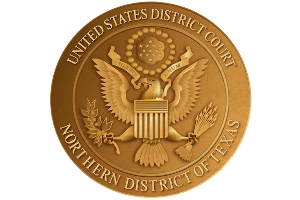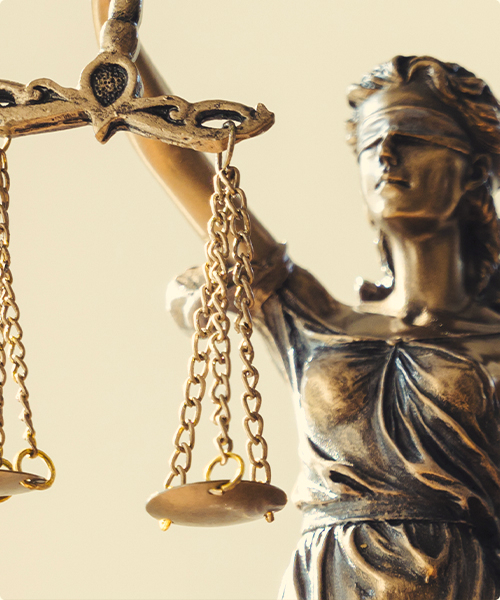- Contact Us Now: (713) 568-1723 Tap to Call
Race discrimination can include bias against certain hairstyles
As many Americans have become more willing to discuss race openly, the subtle racism inherent in workplace expectations has come into sharper focus. Without realizing it, many workplaces define “professional” behavior, dress and grooming practices according to white norms. In some cases, these standards are difficult or impossible for non-whites to meet due to inherent differences in physical traits that have no impact on ability or job performance.
Perhaps the best example is hair. Many styles are deemed perfectly acceptable and professional for women in the workplace. But the styles most often considered “unprofessional” are the natural hairstyles of African-American women, including braids, twists and afros. As such, black women face discrimination simply for wearing their hair as it naturally grows (without resorting to extreme measures like chemical treatments to change texture or color).
Thankfully, some states are recognizing and explicitly banning this form of discrimination. The most recent is California, which just passed the CROWN Act in the state senate. CROWN is an acronym for “Create a Respectful and Open Workplace for Natural Hair.”
While the bill likely applies to hiring and workplace discrimination, aspects of it could be difficult to enforce. It would be very difficult to prove, for instance, that someone was denied a job because of her hair.
However, this bill could make a significant difference in two areas: Workplace dress codes/policies and documentable patterns of conduct. First, it may now be easier to take employers to task for dress/grooming codes that prohibit hairstyles most commonly worn by black employees (such as afros, braids and twists).
Second, employees who wish to bring a discrimination complaint against their employer may be able to do so by documenting a pattern of discriminatory comments, behaviors and actions related to hairstyle. Evidence could include:
- Performance reviews citing the employee for “unprofessional grooming”
- Unwelcome comments or advice about hair care and management
- Failure to promote despite merit and tenure with the company
Because racism can be subtle and disguised by more innocent motives, it is often difficult to prove in litigation. However, if you have been the victim of workplace discrimination and it has significantly impacted your job or career, it is important to assert your rights and pursue just compensation. Please discuss your case with an experienced employment law attorney in your area.








